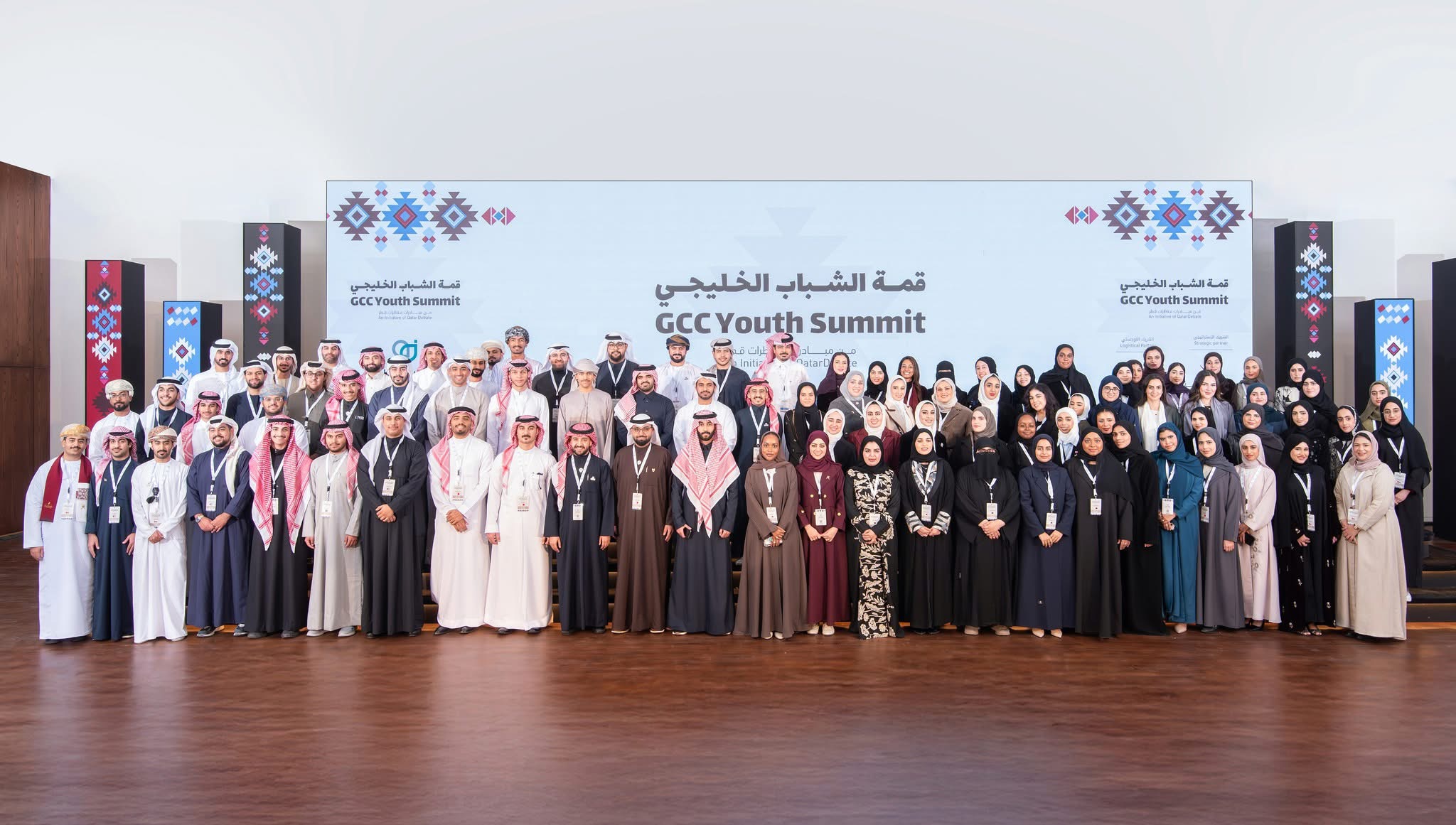Rawan Al Nadabi: Representing Oman at the GCC Youth Summit in Doha
Rawan Al Nadabi, a master’s degree student at the University of Nizwa, represented Oman at the GCC Youth Summit held in Doha. Selected from over 300 applicants, Rawan joined youth and experts from across the Gulf Cooperation Council (GCC) region to engage in discussions on the future of the Gulf.
The two-day summit, themed “Dialogue and Visions,” provided a platform for participants to exchange ideas, explore innovative solutions, and present recommendations for shaping the region’s future.
Topics included Sustainable Living,Cultural Horizons,Tech Evolution,Global Politics,Health Futures, and Economic Development, highlighting the role of youth in advancing industries critical to the Gulf.
As Oman’s representative, Rawan took part in the Tech Evolution discussions. She presented insights on the role of artificial intelligence (AI) in teaching and education, emphasising how AI can transform learning, improve accessibility, and enhance educational outcomes across the GCC.
She also underscored the importance of creating policies that regulate the use of AI within institutions to ensure ethical and effective implementation. Her contributions highlighted the significance of integrating modern technologies while preserving the region’s cultural values.
The summit’s closing session was attended by key leaders, including HE the Minister of Education and Higher Education, Lolwah bint Rashid bin Mohammed Al-Khater, and the Ministry of Sports and Youth Undersecretary, Yasser bin Abdullah bin Ahmed Al-Jamal. Decision-makers from across the GCC, along with members of the QatarDebate Centre, led by Executive Director Dr Hayat Abdullah Marafi, also participated. The closing session, titled “Our Cultural Identity in the Digital Age: Bridging Media Diversityand Cultural Heritage in Production,” focused on preserving Gulf cultural heritage while embracing technological advancements. Participants discussed the importance of producing content that reflects Gulf identity and promotes linguistic heritage in digital media.
The summit concluded with several key recommendations developed by participants, including promoting Gulf traditions and linguistic identity, addressing environmental challenges and fostering sustainable development, expanding the Gulf technology industry to diversify economies and reduce oil dependence, exploring new revenue streams for long-term stability, strengthening healthcare systems to meet societal needs, and leveraging the Gulf’s political legacy to enhance international policy pathways.
Rawan Al Nadabi’s participation underscores Oman’s active involvement in regional discussions. By representing Oman, she contributed to shaping ideas and strategies for the Gulf’s future, reflecting the country’s focus on innovation and progress. The GCC Youth Summit in Doha emphasised the importance of youth in addressing modern challenges while preserving the region’s identity. Oman’s representation at such platforms showcases its commitment to empowering the next generation to lead the way forward.





